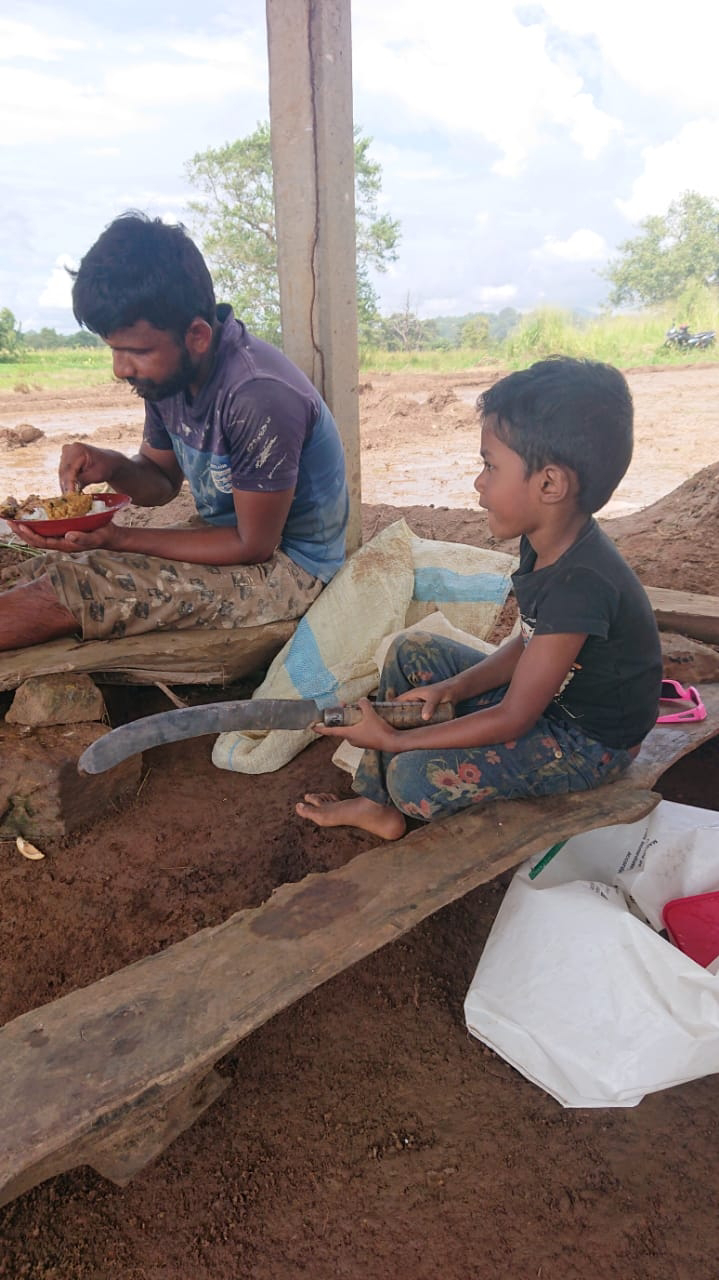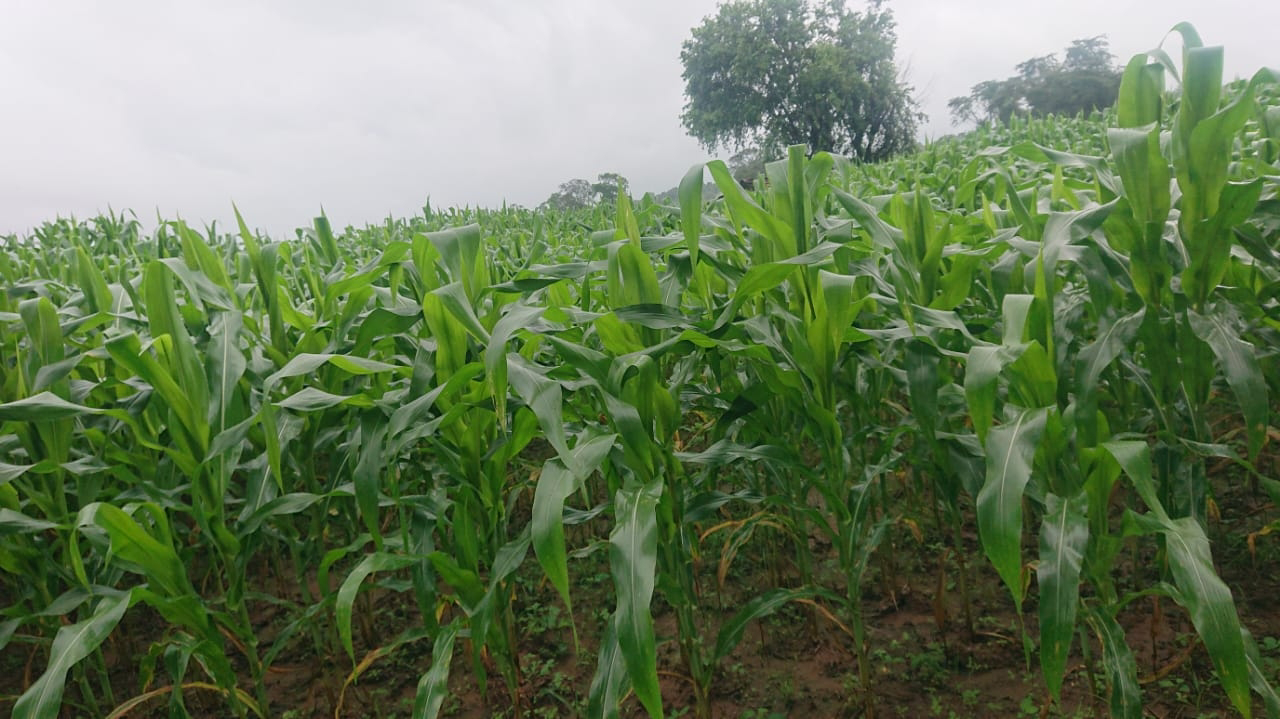Société des Pariahs
Wednesday, December 20, 2023
Scammer growing corn
Wednesday, April 5, 2023
THE END OF CITIZENSHIP: Why Subscription Services May Replace National Identity
Imagine a world where your identity is no longer tied to the country you were born in, but to the services you subscribe to.
Services like Google, Amazon, and Facebook already know more about us than some governments do. What if we start relying on them for more than just convenience?
In this new world, our working affinity would be based on shared interests and skills, not on the platform we use or the country we're from.
Recent conflicts around the world have shown us that
fighting for our country isn't always the answer. We should have the right to
move away instead of staying to fight. Perhaps this is why a good part of Ukrainians now reside in Poland. War might not happen in the near future.
This global mindset means that we're not just limited to our own country anymore. We can work with people from all over the world, regardless of their nationality.
With the help of technology, certain skills can be used cross-border without requiring much foreign language mastery. This means more people can focus on skill acquiring, rather than just relying on paper qualifications.
So, is citizenship becoming obsolete? It's hard to say for sure. But one thing's for certain: subscription services are changing the way we connect, work, and identify ourselves in this globalized world.
However, the reliance on subscription services and global connections is not without its challenges, especially when it comes to factors like logistics and infrastructure.
If the freight forwarding network breaks down or the internet shuts down due to a war or other disruption, it could have serious implications for the global subscription economy. People may not be able to access the services they rely on, or they may face significant delays or disruptions in supply chains.
However, it's worth noting that in the event of a major global disruption like this, the subscription economy would likely be just one of many affected sectors. Governments, businesses, and individuals would all be impacted in different ways.
In such a scenario,
people may need to rely more heavily on nearby resources and communities, and
the importance of self-sufficiency and resourcefulness would likely increase.
This could potentially lead to a resurgence of local economies and communities,
as people look for ways to meet their needs in the absence of global
infrastructure. Again, in this scenario, country identity might loose out to village identity, because the immediate reliance is on the village and its neighbors.
Overall, while the potential breakdown of infrastructure is a risk to the subscription economy, it's important to remember that no system is completely immune to disruption. In any scenario, adaptability, resilience, and a willingness to work together will be key to navigating the challenges that arise.
It's possible that easier access to visit visas for 90 days could lead to more nomadic lifestyles, with people moving between different locations and living in private homes. However, whether or not this leads to people paying taxes to different sources depends on a number of factors.
Firstly, it's worth noting that the rules around taxes for non-residents can vary depending on the country and the type of income earned. In some cases, non-residents may be exempt from certain types of taxes, while in other cases they may be subject to different rates or rules.
That being said, if someone is living in multiple locations for an extended period of time and earning income in each location, they may indeed be required to pay taxes in each of those locations. This can be a complex process, as it require. This means there will be a demand from the subscription service to manage these.
We have seen Ali-express collecting Singapore GST and more from shoppers now .
Another factor to consider is the availability of housing and accommodation in different locations. While it's possible to move between different homes and locations, finding suitable and affordable housing in each location can be a challenge.
It's certainly possible that subscription services could play a role in handling visas and housing issues as the demand for more nomadic lifestyles increases. In fact, there are already some services that aim to make it easier for people to live and work in multiple locations, such as co-living and co-working spaces, and remote work job boards.
Subscription services could potentially take this a step further by providing a more comprehensive solution that includes visa and immigration assistance, housing options, and other resources for people living and working remotely.
However, it's worth noting that there are some complex legal and logistical challenges associated with immigration and residency issues. Different countries have different requirements and processes for obtaining visas and permits, and ensuring compliance with these rules can be a complex and time-consuming process.
Additionally, subscription services would need to navigate the complex landscape of international tax laws and regulations, as mentioned earlier.
Overall, while subscription services could potentially play a role in helping people navigate the logistics of living and working in multiple locations, there are significant challenges that would need to be addressed in order to do so effectively.
Businessmen who lived before World War 2 commonly had a wife in the various countries they did business in thereby creating regional families. These men did this because in their era, men were not good in household work and cooking.
It's difficult to predict with certainty whether a similar pattern of cross-border families would emerge in a future where subscription services play a greater role in facilitating nomadic lifestyles.
On one hand, subscription services could make it easier for people to live and work in multiple locations without the need for physical possessions or permanent residences. This could lead to more people living in temporary or shared housing arrangements, such as co-living spaces or short-term rentals, rather than owning multiple homes in different countries.
On the other hand, there may still be a desire for deeper connections and relationships in different locations, and some people may choose to form local families or partnerships in each place they live. However, it's important to note that this would likely be a personal choice rather than a necessity, as many people are able to maintain connections and relationships across borders without the need for multiple households.
Overall, while it's possible that some people may choose to form regional families in a future where subscription services enable more nomadic lifestyles, it's difficult to predict with certainty what patterns of living and working will emerge. The role of technology and globalization in shaping our social and cultural norms is complex and multifaceted, and will likely continue to evolve over time.
The formation of regional families, while it may challenge traditional notions of family and community, is unlikely to directly dissolve the notion of country. Countries are complex entities with deep historical, cultural, and political roots, and the existence of families that span multiple borders is not likely to fundamentally change the concept of national identity and sovereignty.
However, the emergence of more nomadic lifestyles and cross-border relationships could lead to new forms of social and cultural exchange that challenge traditional borders and boundaries. As people move and interact more freely across borders, they may develop new ways of thinking about identity and community that are less tied to national or geographic boundaries.
Over time, this could potentially lead to a more fluid and interconnected global society, where people feel a sense of belonging and connection to multiple communities and cultures, rather than just one.
This is likely to be a gradual and complex process, and it's difficult to predict exactly how it will unfold.
Scammer growing corn
This is amilia bogamuwa. He claims to be a farmer in Sri Lanka. He started showing me pictures of his farm and environs. ...






























